Moons Stories
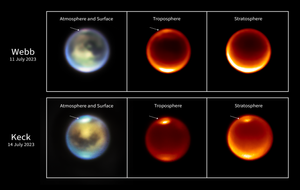
Saturn’s moon Titan is an intriguing world cloaked in a yellowish, smoggy haze. Similar to Earth, the atmosphere is mostly nitrogen and has weather, including clouds and rain. Unlike Earth, whose weather is driven by evaporating and condensing water, frigid…

A NASA-developed technology that recently proved its capabilities in the harsh environment of space will soon head back to the Moon to search for gases trapped under the lunar surface thanks to a new Cooperative Research and Development Agreement between…
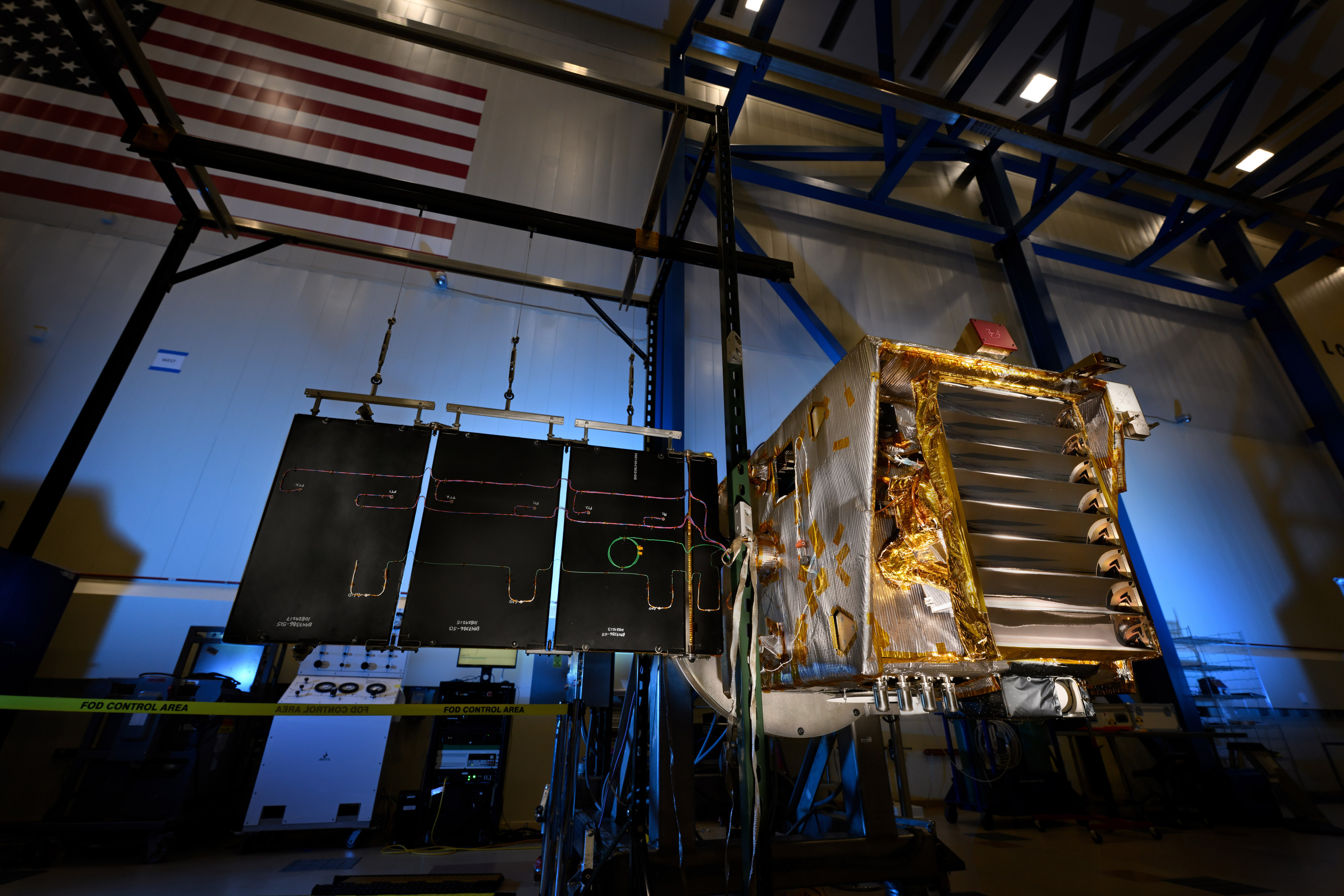
There’s water on the Moon, but scientists only have a general idea of where it is and what form it is in. A trailblazing NASA mission will get some answers. When NASA’s Lunar Trailblazer begins orbiting the Moon next year,…
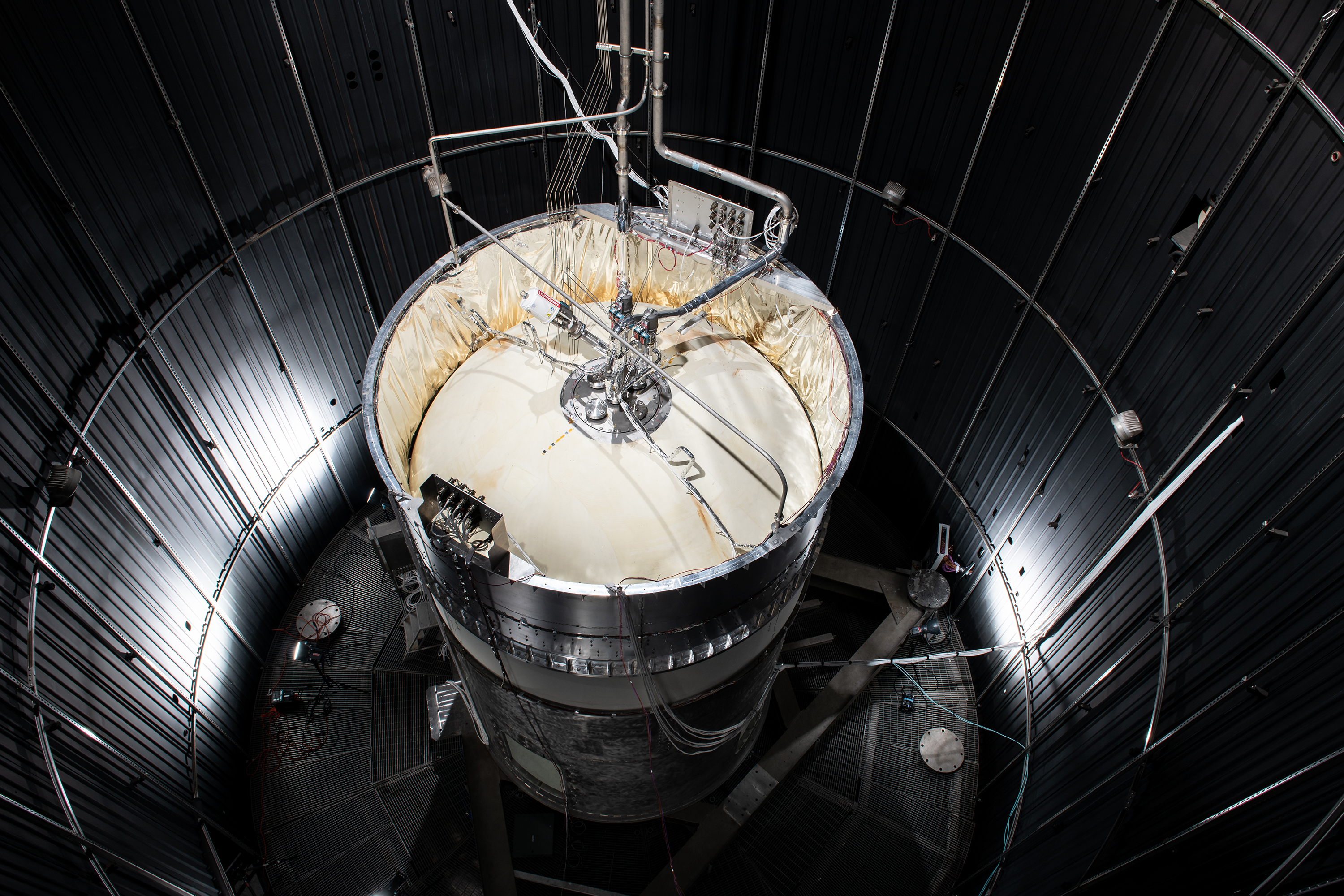
Establishing sustained operations at the Moon and Mars presents a multitude of opportunities and challenges NASA has yet to encounter. Many of these activities require new technologies and processes to ensure the agency is prepared for its ambitious Artemis missions…

Jupiter’s moon Europa is one of a handful of worlds in our solar system that could potentially harbor conditions suitable for life. Previous research has shown that beneath its water-ice crust lies a salty ocean of liquid water with a…
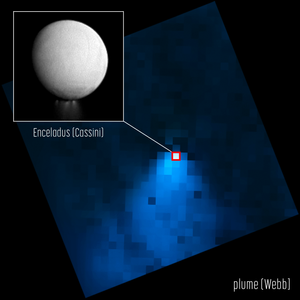
A water vapor plume from Saturn’s moon Enceladus spanning more than 6,000 miles – nearly the distance from Los Angeles, California to Buenos Aires, Argentina – has been detected by researchers using NASA’s James Webb Space Telescope. Not only is…

A specialized laboratory setup at JPL removes the chemical influence of modern organisms so scientists can study the chemistry that may have led to life’s emergence.
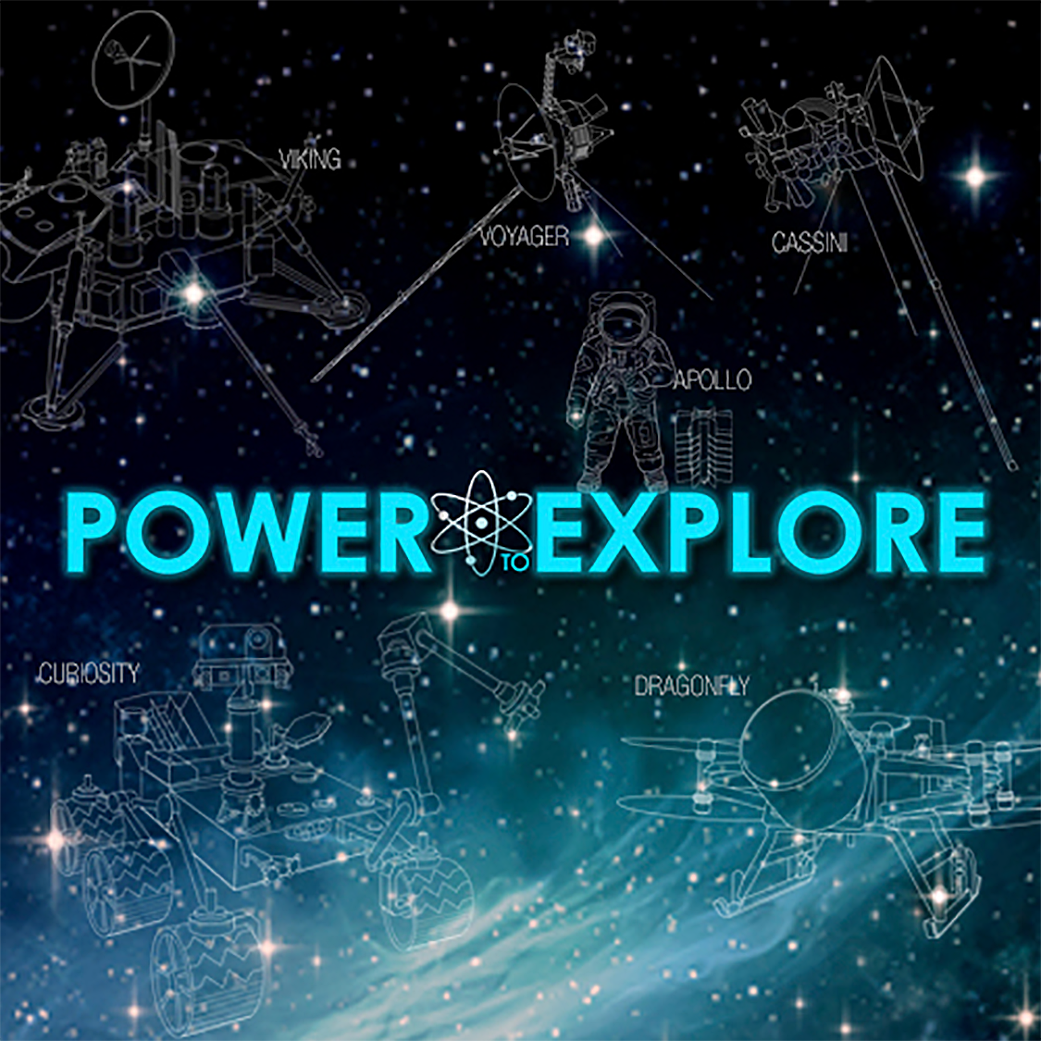
And 3, 2, 1…lift off! NASA has officially launched its second Power to Explore Student Challenge, calling on K-12 students in the United States to learn about Radioisotope Power Systems (RPS), and then design a new RPS-powered space mission that…

Billions of years ago, a version of our Earth that looks very different than the one we live on today was hit by an object about the size of Mars, called Theia – and out of that collision the Moon…
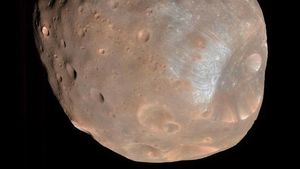
Here are 10 impressively super, bowl-shaped venues adorning worlds in our solar system, including a couple where we've actually made…touchdowns!




























